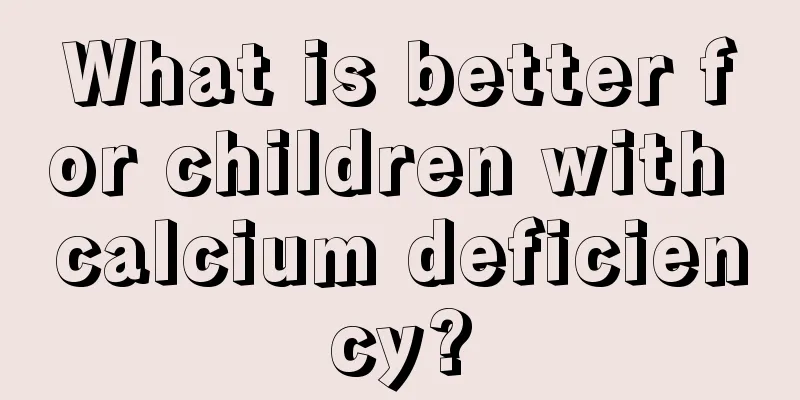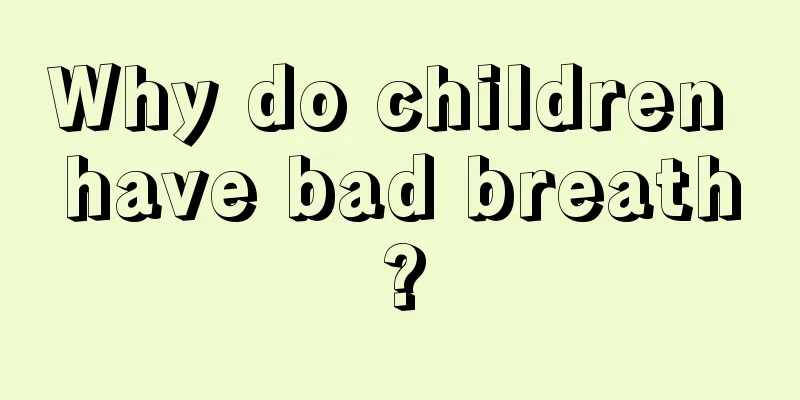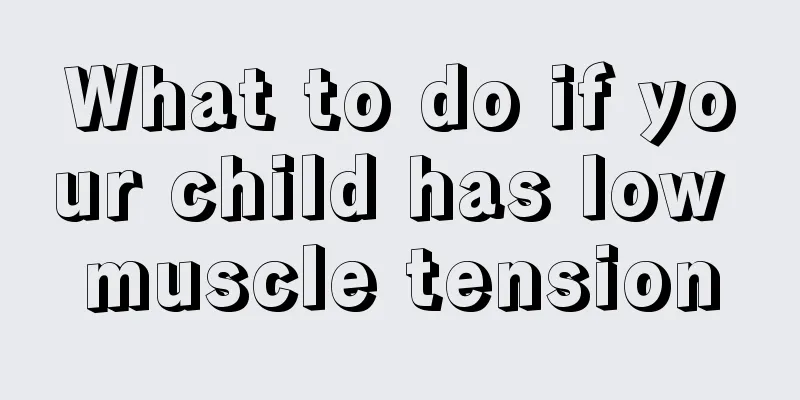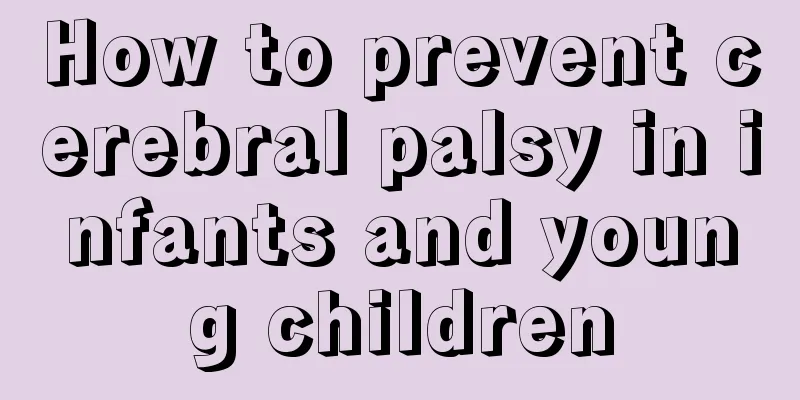Be alert to the three major signs of neurasthenia in children!
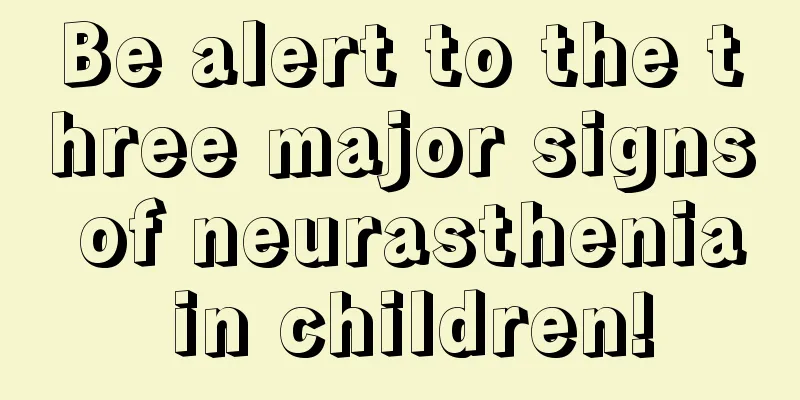
|
Not only adults will have symptoms of neurasthenia, but children will also show this problem, such as lack of energy, listlessness, or emotional instability, easy mental excitement, etc. You must pay attention to these symptoms. 1. Debilitating symptoms This is a common basic symptom. Patients often feel lack of energy, listlessness, inability to use their brains, or slow mental ability, limb weakness, drowsiness and sleepiness; especially after working for a long time, they feel unable to concentrate, have difficulty thinking, and their work efficiency is significantly reduced. Even adequate rest is not enough to recover from their fatigue. Many patients complain that they are forgetful, often make mistakes when speaking, and cannot remember what they have just experienced. 2. Excitement symptoms The patient is easily excited when reading books or newspapers or watching TV, and has more involuntary memories and associations; the patient finds directed thinking difficult, while undirected thinking is very active and uncontrollable; this phenomenon is particularly obvious before falling asleep, causing great distress to the patient. Some patients are also sensitive to sound and light. 3. Emotional symptoms The main symptoms are being easily annoyed and irritated. The content of worries often involves various contradictions in real life, which feel difficult and unsolvable. On the other hand, self-control is weakened, and one becomes easily agitated when encountering things; or one becomes irritable and angry, loses temper with family members, and then feels regretful afterwards; or one becomes easily sad and cries. About 1/4 of patients experience anxiety and have doubts, worries, and nervousness about their illnesses. For example, patients may suspect they have heart disease due to palpitations and rapid pulse; or worry they have stomach cancer due to abdominal distension and anorexia; or believe they have an incurable disease due to poor treatment results. This kind of hypochondriacal mentality can increase the patient's anxiety and tension, forming a vicious circle. About 40% of patients experience brief, mild depression during the course of the disease, with scores on the Hamilton Depression Rating Scale often below 10. There may be self-blame, but there is generally no suicidal ideation or attempt. Some patients feel resentful and blame others for the cause of their illness. |
<<: When children wear glasses, these things should be kept in mind!
>>: How to quickly relieve constipation in children? A must-see for moms
Recommend
How to make tomato baby food
Tomatoes are a very common food. The nutritional ...
How to cure children's stuttering?
Although stuttering is not a disease, it is natur...
How many days will it take for baby's allergy to heal?
After the symptoms of allergies appear, many peop...
What should I do if my child has intestinal bacterial infection?
Parents of today's children always take good ...
How to make pork rib soup for eight-month-old baby
Pork rib soup is rich in nutrients and can be use...
Why does my child feel hot and cold and have dry mouth in the middle of the night?
As we all know, the various functions of children...
Treatment of infant cough with phlegm and runny nose
The phenomenon of babies coughing, having phlegm ...
What to do if your child wets the bed
Although bedwetting is a common problem among chi...
Treatment of cough and fever in children
What should we do if a young child has a cough an...
What are the symptoms of childhood pigmentation polyposis syndrome?
Since children's immunity is constantly stren...
Why is the baby's tongue white?
For babies, if there are abnormal physical condit...
What are the treatment guidelines for Pseudomonas aeruginosa?
Pseudomonas aeruginosa is a treatment issue that ...
Symptoms and signs of iron deficiency in newborns
For newborns, a good diet is very important. If t...
Causes of cerebral palsy in children
There are many causes of cerebral palsy in childr...
Children's leg valgus
Every parent hopes that their child's physica...




